Deadhead Cyclist Archives
Deadhead Cyclist Archives
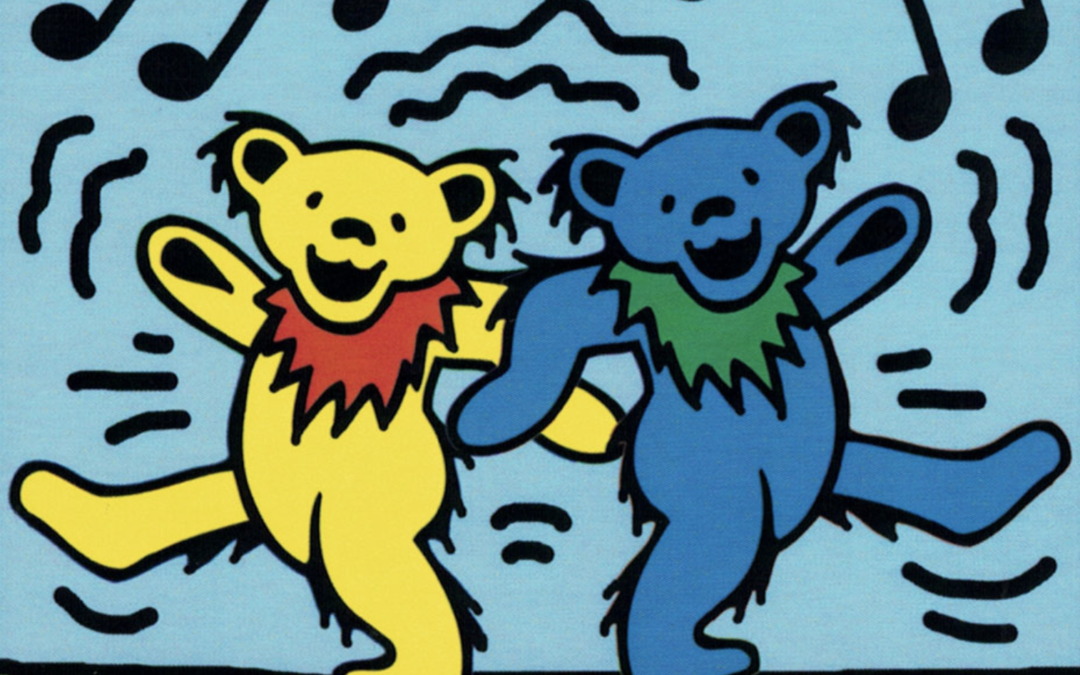
This Week in Grateful Dead History: Week 52 – December 27, 1987
The kids they dance and shake their bones
The enduring and ever-increasing popularity of the Grateful Dead – even more than a quarter century after their last concert on July 9, 1995 – has often been attributed to the prominent role the band played in the anti-establishment movement of the ’60s. As the icon of a new generation that represented an alternative to the greed and corruption of the mainstream culture, the Dead truly were “a band beyond description.”
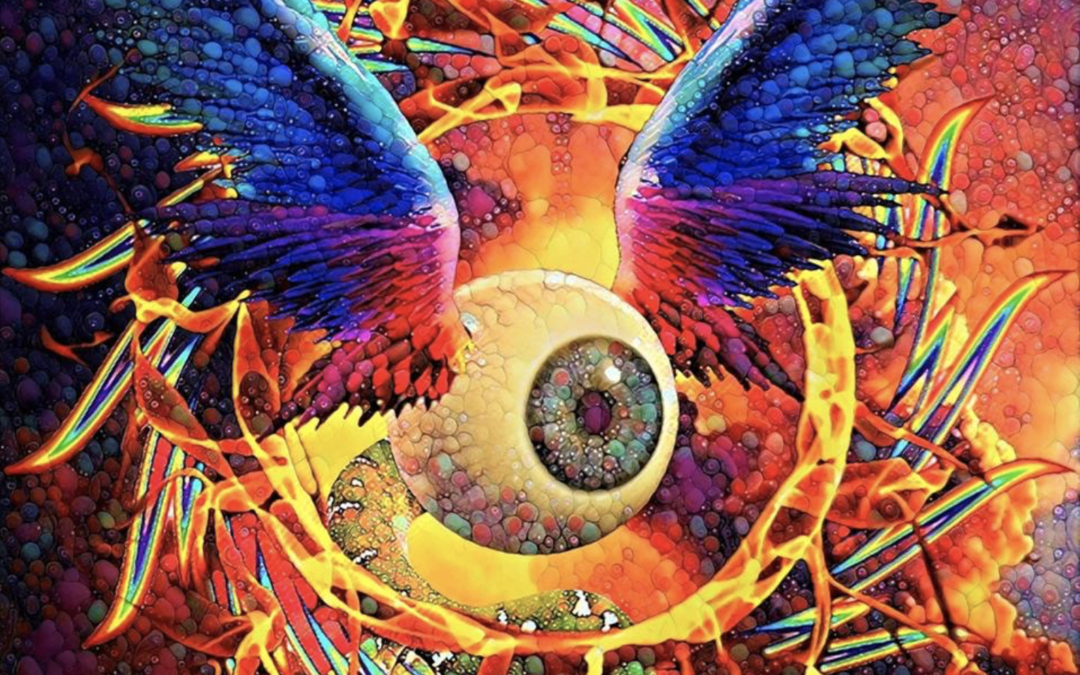
This Week in Grateful Dead History: Week 2 – January 10, 1978
I’ll get a new start
As we established last week, our essential human nature as storytellers is one coin with two sides to select from. On the “tails” side are the stories we must beware of for their harmful potential: those that are tainted with negative judgments and deceptions that infect our beliefs in ways that lead us to act wrongfully. Fortunately, on the “heads” side is a clean slate upon which we can write stories of inspiration that can shepherd us in the direction of our highest selves. Choosing wisely on which side to pitch your tent is as much a key to success in this life as any I have found.
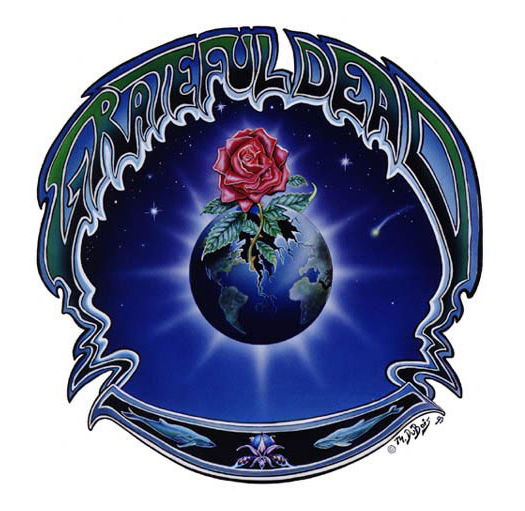
This Week in Grateful Dead History: Week 3 – January 17, 1979
And the seeds that were silent
The Grateful Dead rarely toured during January, and understandably so. After their traditional year-end multiple night stands, the band was more inclined to grab some well-deserved “R & R” than to hit the road during the first few weeks of the year. One notable exception took place in ’79, when the Dead played nineteen shows throughout the East Coast and Midwest before returning home to punctuate the tour at the good old Oakland Coliseum. Along the way was an appearance with a unique story at Veterans Memorial Coliseum in New Haven CT, on 1/17/79, my choice for T.W.I.G.D.H. (This Week In Grateful Dead History).
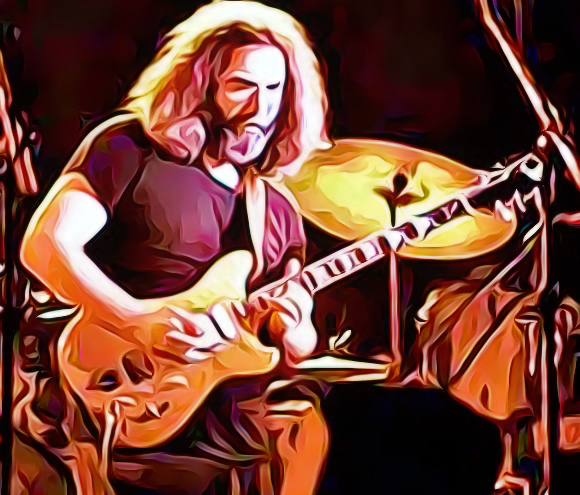
This Week in Grateful Dead History: Week 4 - January 22, 1978
One man gathers what another man spills
The often mysterious role music plays in human consciousness is a subject of great interest to scientific researchers and everyday music lovers alike. Studies have repeatedly demonstrated a link between music and our emotions, suggesting that there is great therapeutic value in the way music can move us.
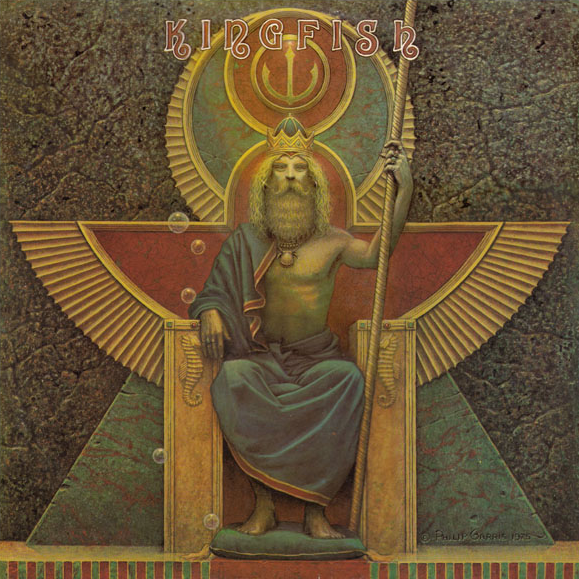
This Week in Grateful Dead History: Week 5 - January 30, 1978
Lazy Lightning
A quick review of the Grateful Dead’s 30-year performance schedule reveals a glaring “asterisk” next to the year 1975. Sandwiched in between 40 shows in ’74 and 41 in ’76 – and with an average of almost 77 concerts per year over their entire history – the mere four appearances the band made during their hiatus in ’75 represented a significant challenge for the Deadicated.
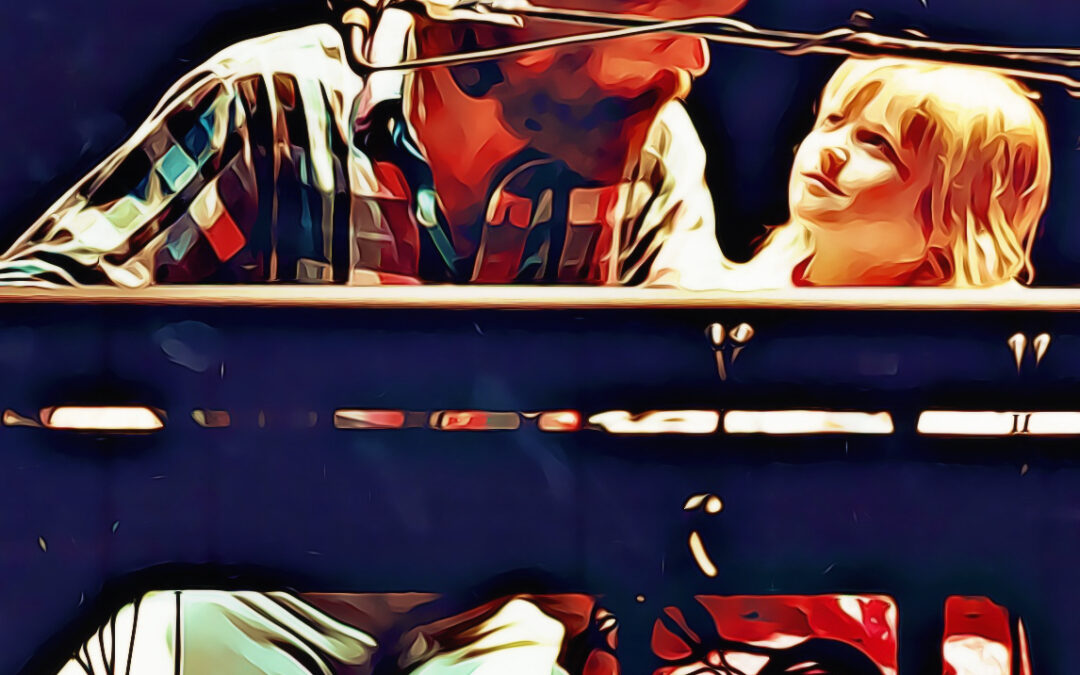
This Week in Grateful Dead History: Week 6 - February 5, 1989
I will take you home
I became a Deadhead in 1973, during the Keith and Donna era, and was deeply saddened when they left the band in 1979. Keith Godchaux was a phenomenally talented pianist, and to this day I love listening to his mostly understated playing on so many wonderful ’70s recordings. My first show with “the new guy” on keyboards was 10/19/80 at San Francisco’s Warfield Theater, and I was immediately impressed with the skill Brent Mydland displayed on keyboards, but even more so with his vocal contributions. While I understand, but never shared, the widespread antipathy felt by many Deadheads toward Donna Jean Godchaux, Brent’s arrival served to transform the Grateful Dead from a band that was often barely tolerable vocally to one that could really sing.
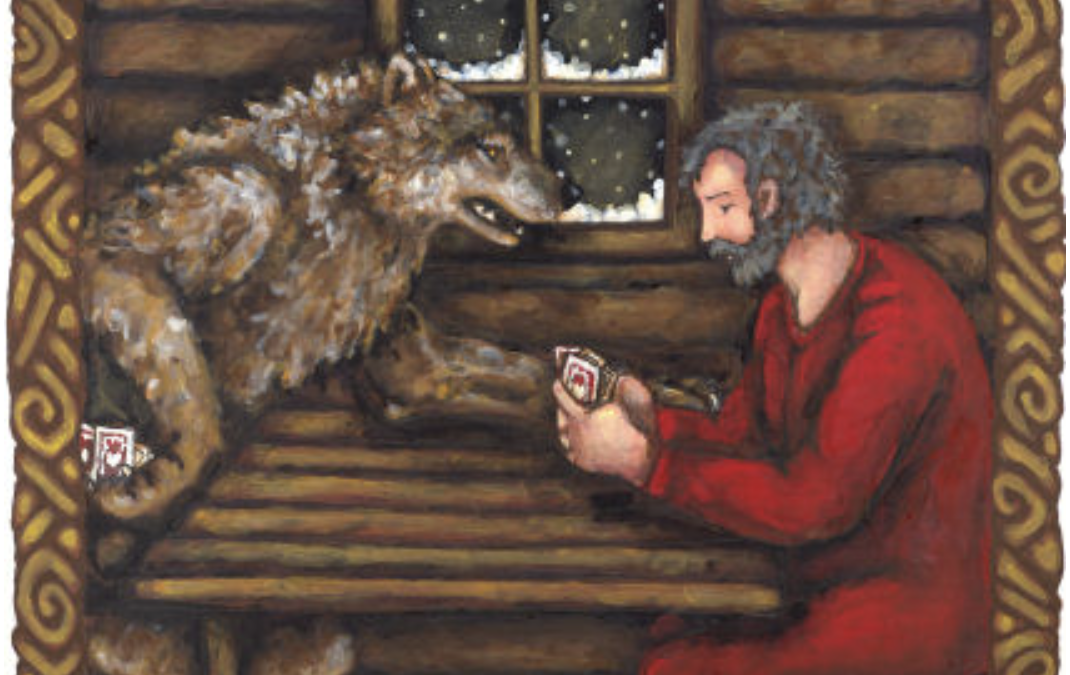
This Week in Grateful Dead History: Week 7 - February 13-14, 1970
All I said was, “Come on in.”
In 1974, around the same time I became a Deadhead, I came across a wonderful little book which made a permanent impression on me, called, “How to Make Your Life Work or Why Aren’t You Happy?” At the time, I found the central message in this book so compelling that I have retained it over several decades and used it as a life-guiding principle. This now-obscure book was a collaborative effort that featured the work of Ken Keyes (as opposed to Ken Kesey), a prominent countercultural figure, the author of 15 books (including the Handbook to Higher Consciousness) selling millions of copies, and the creator of the Living Love self-help system.

This Week in Grateful Dead History: Week 8 - February 19, 1973
Smiling on a cloudy day
Jerry Garcia was repeatedly in trouble for skipping classes, and was discharged from the U.S. Army after repeatedly going A.W.O.L.; Bob Weir was expelled from nearly every school he attended; and I was suspended for refusing to interrupt a marching band practice I was leading when then-Governor Ronald Reagan visited my high school in Anaheim, California. The common threads running between the three of us are a rebellious attitude towards authority, intertwined with having endured a series of punishments for merely following the well-known Shakespearean principle (as stated by Polonius in Act 1, Scene 3 of “The Tragedy of Hamlet, Prince of Denmark”): This above all: To thine own self be true.
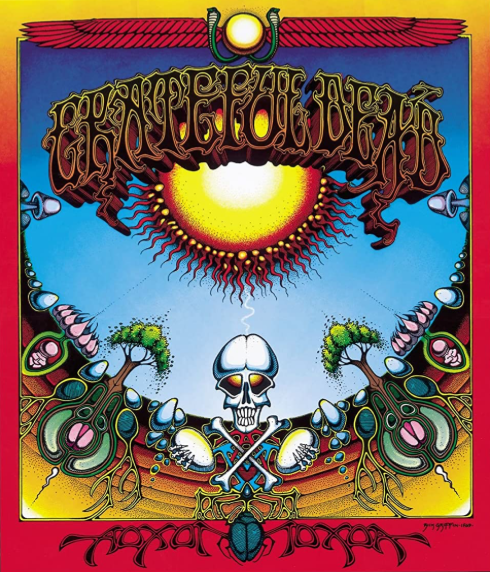
This Week in Grateful Dead History: Week 9 - February 27, 1969
He Has To Die
Is there any more compelling storyline in the human experience than the knowledge of our imminent death and our unique ability to contemplate it? Think about it. What other factor in your life has had a more profound impact on your behavior and experiences? Drawing a blank, huh?

This Week in Grateful Dead History: Week 10 - March 2, 1969
I can’t walk you out in the morning dew today
Although she died in 1975, my maternal grandmother, Ruth Raben, née Issakson, has remained with me in spirit, throughout my life. My Grandma played a starring role in some of my fondest childhood memories, and her passing was my first, true encounter with death. I often wonder what her reaction would be if she were able to witness the world her grandchildren live in.